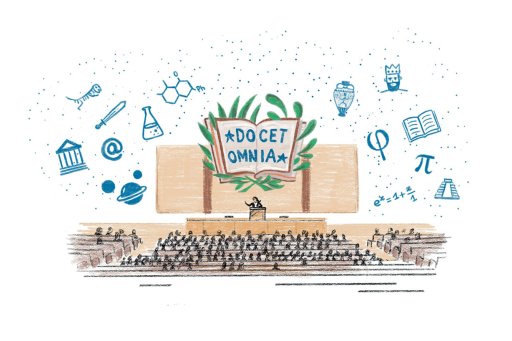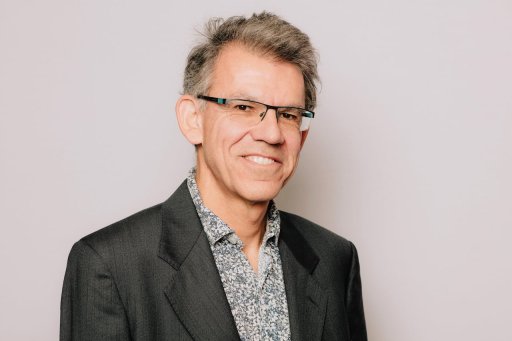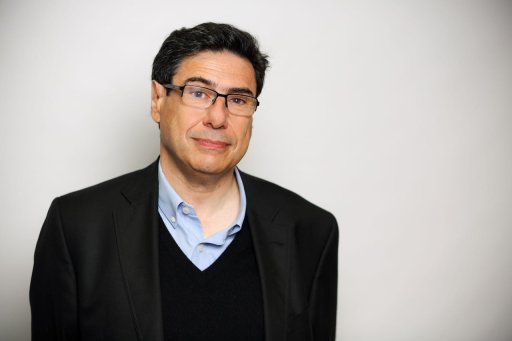Colloquium in English organized by Professor Samantha Besson, with the support of the Fondation du Collège de France. June 22 and 23 2023 in the Maurice Halbwachs amphitheatre of the Collège de France (Marcelin Berthelot site).
Democratic Representation in and by International Organizations
International organizations (IOs) play a central role in the development of contemporary international law. Yet the question of democratic representation by (representatives of) member states and/or (representatives of) the many other public or private institutions or individuals (such as non-governmental organizations, multinational corporations, trade unions or cities) who participate in deliberation and/or decision-making procedures within IOs remains a formidable challenge. This is even more the case for democratic representation by IOs when these organizations become members of other IOs or intervene as full participants in other multilateral international law-making processes. The means of ensuring ultimate and effective popular control over these representatives and the procedures in which they participate are rarely provided, as indeed is respect for political equality between the peoples of the world and between their citizens within these procedures.
This lack of democratic representativeness of the procedures for adopting international law in the IOs, and of the IOs themselves, is one of the many dimensions of the wider deficit of democratic legitimacy of international law. Despite its centrality, the more technical question of democratic representation in and by IOs is rarely addressed as such. Various specialists in the law of international organizations and democratic theory have been invited to discuss this issue at this colloquium. The aim is to establish what should be covered by the notion of international democratic representation in itself and in/by IOs, and then how IOs could be reorganized in international law so as to ensure sufficient democratic representation of all those they claim to legally bind.
The colloquium will be organized around three sets of questions : representation in, through and by international organizations. Firstly, it will examine the public and private institutions through which democratic representation can and must be achieved within IOs conceived as systems of multiple international representation (i) ; secondly, how, in so doing, IO law can and must facilitate the institutionalization of these multiple representatives, whether public (e.g. cities) or private (e.g. the International Law of Institutions). (e.g. cities) and private representatives (e.g. NGOs) in the first instance and before their systematic articulation within it (ii) ; and, finally, how representation by IOs in other IOs or other international procedures can and must be organized if it is to be considered democratic (iii).










